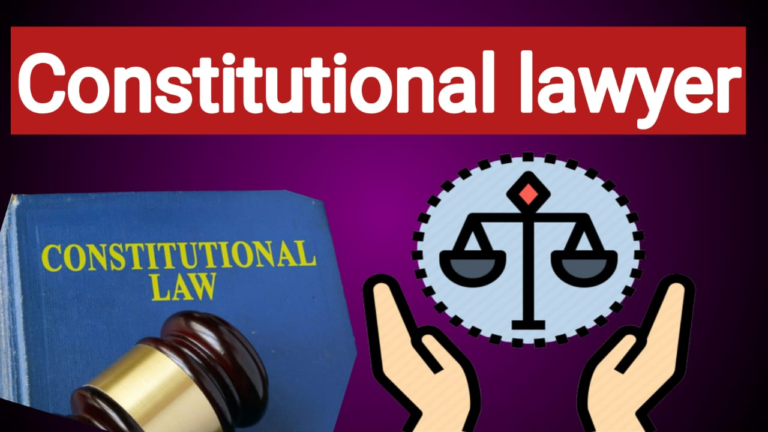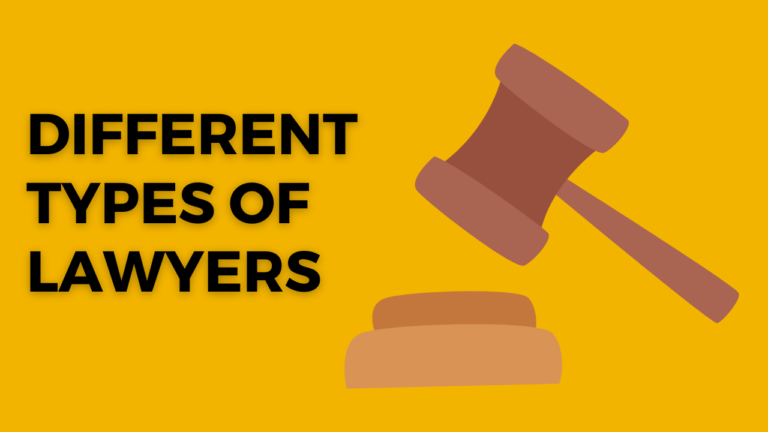CRIMINAL DEFENSE LAWYER

A criminal defense lawyer is a legal professional who specializes in defending individuals or organizations accused of committing criminal offenses. These lawyers play a crucial role in ensuring that their clients receive a fair trial and that their rights are protected throughout the criminal justice process.
Here are some key aspects of the role of a criminal defense lawyer:
Legal Representation: Criminal defense lawyers represent their clients during various stages of the criminal proceedings, including pre-trial, trial, and post-trial phases. They provide legal advice, guidance, and representation to individuals who have been accused of crimes, ensuring that their clients’ rights are upheld and protected.
Case Assessment and Investigation: Criminal defense lawyers thoroughly analyze the evidence, witness statements, and other relevant information related to the case. They interview witnesses, gather evidence, review police reports, and consult with experts if necessary to build a strong defense strategy.
Legal Research and Strategy: Criminal defense lawyers conduct extensive legal research to understand the applicable laws, precedents, and defenses relevant to their clients’ cases. Based on their research and analysis, they develop an effective defense strategy tailored to the specific circumstances of the case.
Negotiation and Plea Bargaining: In some cases, criminal defense lawyers negotiate with the prosecution to reach a plea bargain on behalf of their clients. They assess the strength of the evidence against their clients, explore possible mitigating factors, and negotiate for reduced charges or sentencing in exchange for a guilty plea, if it is in the best interest of the client.
Courtroom Advocacy: Criminal defense lawyers represent their clients in court proceedings. They present arguments, cross-examine witnesses, challenge the prosecution’s evidence, and seek to undermine the case against their clients. They also make legal motions, such as motions to suppress evidence, and present opening and closing statements to the judge or jury.
Legal Counsel and Support: Criminal defense lawyers provide ongoing legal counsel and support to their clients throughout the criminal justice process. They explain the charges and potential consequences, help clients understand their rights, and advise them on the best course of action. They also address any concerns or questions their clients may have and provide emotional support during a challenging and stressful time.
Post-Trial Proceedings: If a client is convicted, criminal defense lawyers may assist with post-trial matters such as appeals, sentence modifications, or post-conviction relief. They review the trial proceedings, research legal arguments, and present their case to higher courts, seeking to overturn or modify the conviction or sentence if there are legal grounds to do so.
It’s important to note that criminal defense lawyers have a duty to zealously advocate for their clients within the bounds of the law and legal ethics. They work to ensure that their clients’ rights are protected and that they receive a fair trial, regardless of the severity of the charges they face.
Here are some additional details about criminal defense lawyers and their role:
Client Communication: Criminal defense lawyers maintain regular communication with their clients. They keep them informed about the progress of their case, explain legal options and potential outcomes, and address any concerns or questions the clients may have. Effective communication is vital to building trust and ensuring that clients are involved in the decision-making process.
Legal Expertise: Criminal defense lawyers possess in-depth knowledge of criminal law, criminal procedure, and the rules of evidence. They stay updated on changes in the law and legal precedents that may impact their clients’ cases. This expertise allows them to identify legal issues, challenge the prosecution’s evidence, and develop strong defenses.
Building a Defense Strategy: Criminal defense lawyers carefully analyze the facts and circumstances of the case to develop an effective defense strategy. They assess the strengths and weaknesses of the prosecution’s case, identify potential legal defenses, and determine the most favorable approach, such as presenting an alibi, challenging the credibility of witnesses, or asserting a violation of constitutional rights.
Protecting Constitutional Rights: Criminal defense lawyers play a critical role in safeguarding their clients’ constitutional rights. They ensure that law enforcement agencies and prosecutors respect due process rights, including the right to remain silent, the right to legal counsel, and protection against unreasonable searches and seizures. They may file motions to suppress evidence if there are constitutional violations.
Trial Preparation and Representation: If a case goes to trial, criminal defense lawyers meticulously prepare for the courtroom proceedings. They gather evidence, interview witnesses, and consult with experts to build a strong defense. During the trial, they present arguments, examine and cross-examine witnesses, and challenge the prosecution’s evidence to create reasonable doubt in the minds of the judge or jury.
Negotiation and Plea Bargaining: Criminal defense lawyers often engage in plea negotiations with the prosecution. They assess the strength of the prosecution’s case, negotiate for reduced charges or sentencing, and advocate for the best possible outcome for their clients. They explain the implications of plea offers to their clients and provide guidance on whether accepting or rejecting a plea deal is advisable.
Sentencing Advocacy: If a client is convicted, criminal defense lawyers advocate for fair and just sentencing. They present mitigating factors, such as the defendant’s background, character, or lack of prior criminal history, to argue for leniency. They may also propose alternative sentencing options, such as probation or rehabilitation programs, if appropriate.
Appeals and Post-Conviction Relief: In cases where there are legal errors or constitutional violations during the trial, criminal defense lawyers may handle appeals. They review trial transcripts, research legal issues, and present arguments to higher courts to seek a reversal of the conviction or modification of the sentence. They may also pursue post-conviction relief, such as habeas corpus petitions, if there are grounds to challenge the conviction or sentence.
It’s important to understand that criminal defense lawyers have an ethical obligation to represent their clients diligently and zealously within the bounds of the law. They work to protect their clients’ rights, ensure a fair legal process, and strive for the best possible outcome in each case.






